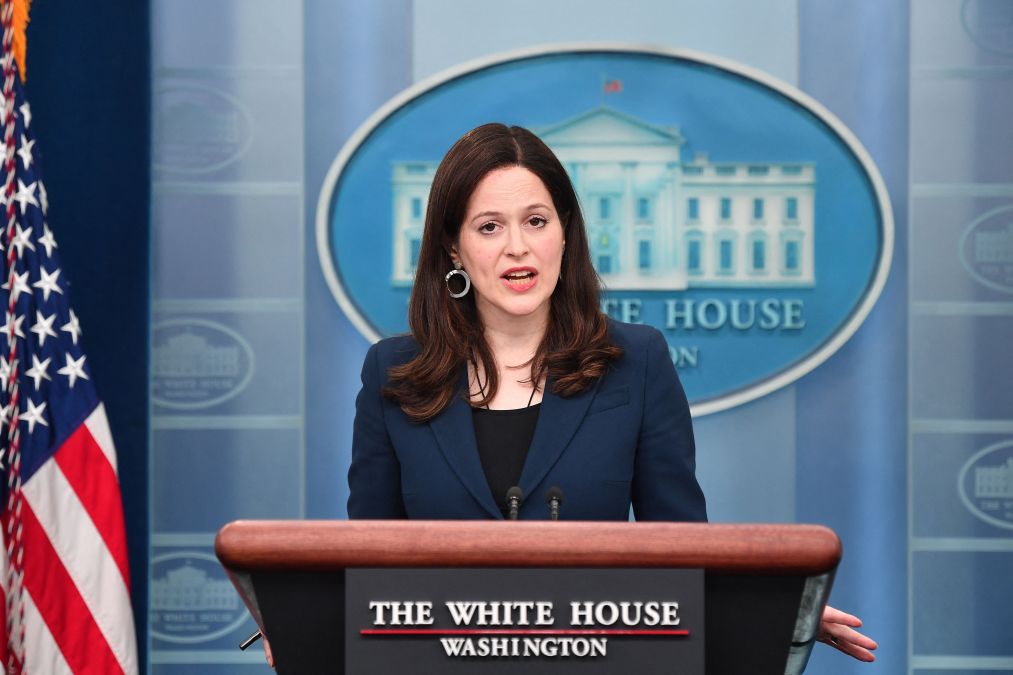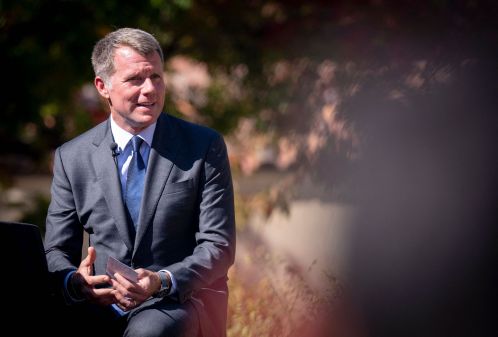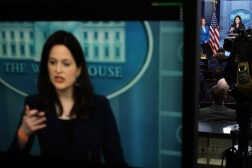White House cyber official advocates nimbler NATO to confront digital threats

A top White House cyber official spoke at a NATO meeting in Rome Thursday, convening with allies to hone plans for rapidly responding to nation-state hacks and other digital threats.
Thursday’s meeting follows a June commitment from officials representing 30 NATO countries to significantly boost NATO’s cyber defenses as an alliance and at the national level.
“Just as NATO is prepared to respond to kinetic [battlefield] crises our allies face, we must also be prepared to respond to cyber crises,” said Anne Neuberger, deputy national security adviser for cyber and emerging technologies at the White House. “We must be more nimble as an alliance … in providing direct, technical and necessary support if a country faces a significant disruptive attack.”
Nate Fick, the State Department’s first ambassador at large for cyberspace and digital diplomacy, was also at the meeting.
During her remarks, Neuberger said NATO’s July intervention on behalf of the Albanian government after Iranian-linked hackers launched a series of cyberattacks on multiple government websites was admirable. Still, she said NATO’s technical response to the cyberattacks was inadequate.
Neuberger won praise from allies for a February trip to Brussels and Warsaw during which time she met with officials from NATO, Poland and the Baltics about cyber deterrence in response to Russian aggression against Ukraine. Russia invaded Ukraine a few weeks after the Feb. 1 visit.
Russian cyberattacks on Ukraine and the skill with which Ukraine has fended them off are a reminder for why NATO will benefit by investing in cyber resilience, Neuberger said Thursday. “Ukraine has in many cases been able to successfully defend against sophisticated cyberattacks due to the work that was done before the Russian invasion.”

This story was featured in CyberScoop Special Report: War in Ukraine






